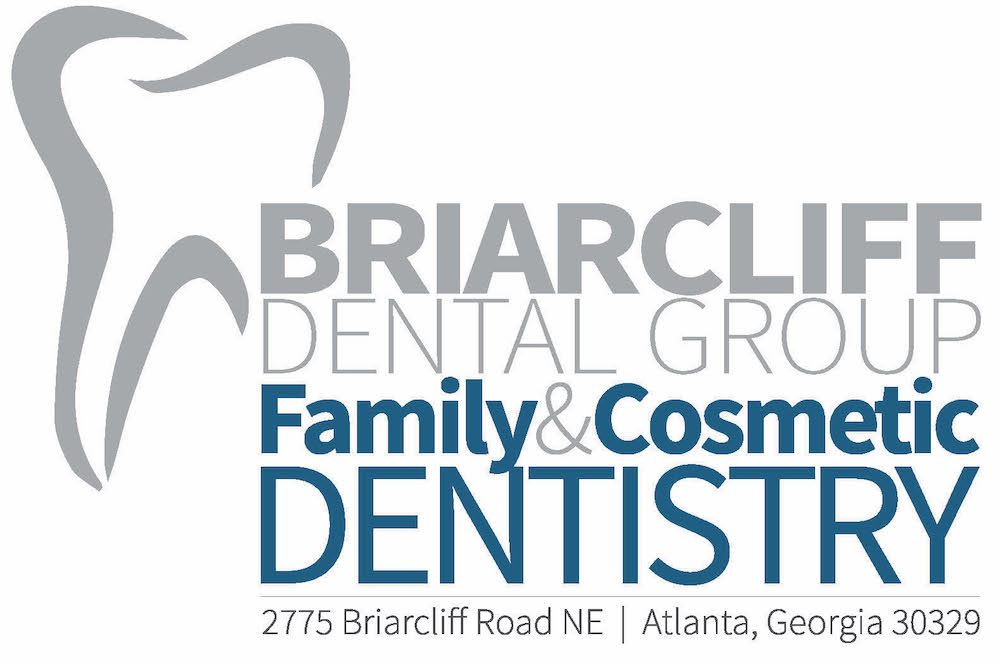Dental Crowns vs. Veneers: Understanding the Differences in Cosmetic Dentistry
CosmeticCosmetic dentistry offers a variety of solutions to enhance the appearance and functionality of your teeth. Two popular options are dental crowns and veneers, both of which can improve your smile, but serve vastly different purposes. For this reason, it’s important to understand the differences between dental crowns and veneers when your dentist recommends one option over the other.
Read Dental Story